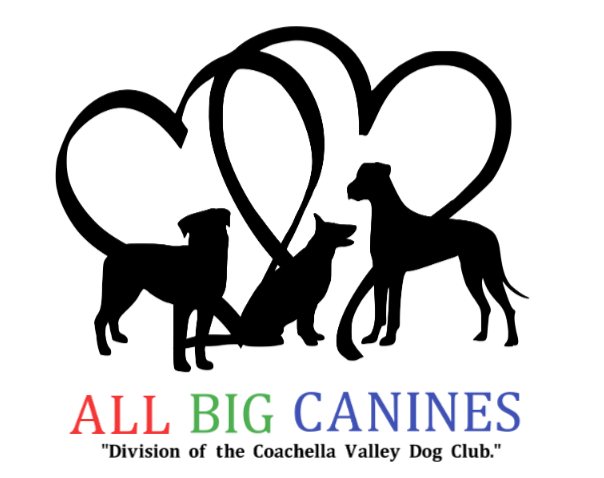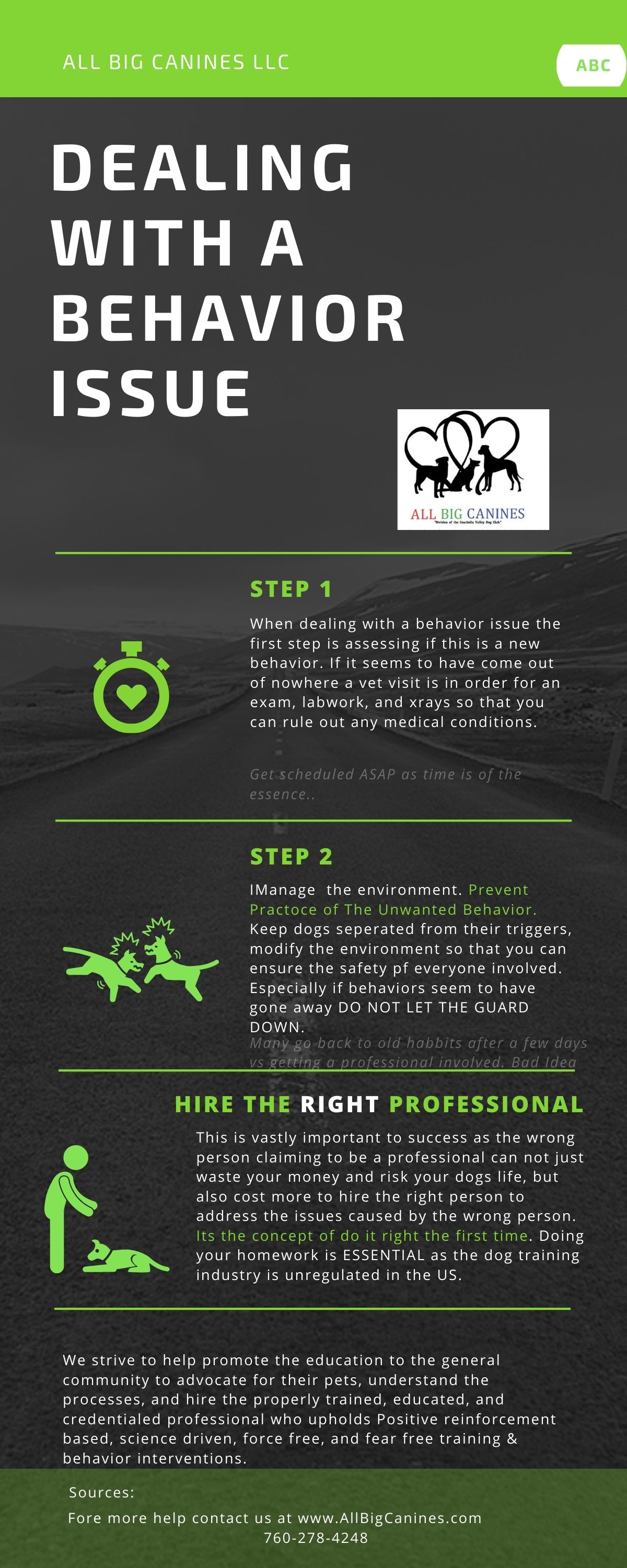Behaviorist, Behavior Consultant, Trainer, or marketing terms?
November 29th 2020
This is a topic that confuses people on a regular basis. What is a credentialed trainer or behavior consultant and how do I know if someone saying they are, truly is? First there is no regulation in the training industry. So anyone can decide to become a dog trainer with no formal education or science-based knowledge. There are some AMAZING uncredentialed science-based trainers and then there are a lot of people claiming to be professionals using marketing terms. So let's break this down. A behaviorist is a master's degree and above holder from an accredited university. Their degree is in behavior and while they don't need to maintain any CEUs (continuing education units) for their degree to be valid. However if they work in the human or animal behavior industry they will maintain CEUs and belong to a professional organization to keep up to date on methods, techniques, and research. A certificate can come from a 25.00 online course or a 7k school specific to dog training. A credential takes your degree/certificate, continuing education units, experience, and then assesses your knowledge base and skills to meet an internationally recognized standard. Everyone is held to a code of ethics and a community of their peers for support, collaboration, and ensuring that animal welfare is not compromised. While it is technically illegal for people without advanced degrees to call themselves behaviorists there is little done about it in the United States. In many other countries there are again, specific credentialing bodies that oversee this to be able to call yourself a behaviorist and it is enforced. For dog trainers and behavior consultants as well as behaviorists alike in the US there are credentialing bodies. We have posted them before but we are going to add them here as well. Now let's put this information into context. If you went to a board certified specialist doctor you would expect them to be current on up to date methods and science and laws that govern their industry. You probably would not feel comfortable taking advice from someone who got board certified 30 years ago and who has not taking a single professional development course since. That is why providers are required to do this on a regular basis. To ensure they are staying up to date for the benefit of their patients. The same is said about training and behavior.
To call yourself a behaviorist in the US you need to either be a veterinary behaviorist or a certified applied animal behaviorist. Anyone else using those terms is doing so as a marketing ploy. That's why behavior consultants exist. A behavior consultant is someone who can assess and intervene in a dog's behavior to create change and work with your CAAB or veterinary behaviorist as well as trainers.
Trainers are like school teachers, behavior consultants are like psychologists and your actual behaviorist (VB or CAAB) Are the psychiatrists of the dog world.
But here we go back to that whole credentialing board thing again. If your trainer or behavior consultant isn't credentialed they may not be providing the most up to date methods or philosophies to your program with your dog. This can cause fallout (fear responses, aggression, etc), worsening behaviors, or physical and psychological damage to your dog. So research in this industry is essential . As is credential verification.
So let's look at the credentials in the US for dog trainers.
CPDT-KA, CPDT-KSA - The certification counsel for professional dog trainers. (CCPDT.org )
ADT- International association of animal behavior consultants (IAABC.org )
PCT-A - Pet Professional guild.(PPG www.petprofessionalguild.com )
Now let's look at the credentials for behavior consultants in the US.
ACDBC, CDBC - The IAABC
PCBC-A -PPG
CCBC-CBC- CCPDT
They will adhere to science based training and LIMA (least intrusive minimally invasive) you can read more here: https://apdt.com/about/about-lima/
For a behaviorist you need to be either a board certified veterinary behaviorist from www.davcb.org or a certified applied animal behaviorist from www.corecaab.org
The info graphics below are to help familiarize you with the process of finding a credentialed professional to help you and your dog reach your goals as well as provide you with brand Identifiers for the credentialing bodies and credential verification bodies here in the US.
When you are looking at partnering with someone for the benefit of you and your dog check out these websites for their position statements which can help you advocate for you and your dog's best interest.
https://avsab.org/resources/position-statements/
https://www.ccpdt.org/about-us/public-policies/






